Search Fellows
Click on a Fellow below to view more information or create your own search.
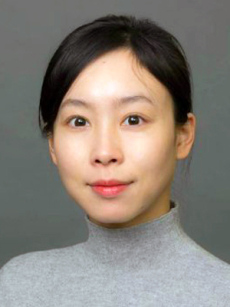
Xi Song
University of Pennsylvania
Visiting Scholar
2023 to 2024
Song will investigate discrimination against Asian Americans in the labor market. She will analyze linked longitudinal data from Longitudinal Employer Household Dynamics, the American Community Survey, the Census, and the National Survey of College Graduates and compare earning trajectories among Asian American subgroups and Whites, Blacks, and Hispanics.
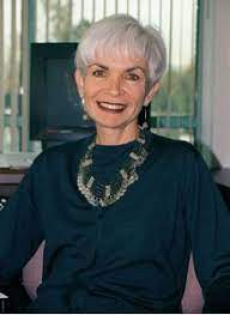
Judith Stacey
New York University
Visiting Scholar
2005 to 2006
Judith Stacey, Professor of Sociology and Gender and Sexuality at New York University, will finish writing an ethnographic book about gay male intimacy in Los Angeles. Based on ethnographic interviews and fieldwork with 50 gay men from diverse backgrounds, the book will discuss the social implications of trends in family values, planned gay parenthood, interracial intimacy, fidelity, and “open relationships” among gay men. The book will also look at gay-friendly family policies enacted in other nations and will discuss how U.S.
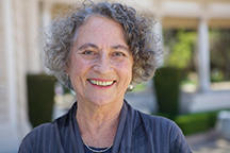
Carol B. Stack
University of California, Berkeley
Visiting Scholar
1995 to 1996
Carol B. Stack, professor Graduate School of Education and Women's Studies, University of California, Berkeley, and Katherine S. Newman, professor of anthropology at Columbia University, jointly worked on their project "Why Work?", an investigation of the role of minimum wage jobs in the survival of poverty-level families living in two major urban ghettos, New York City's Harlem and Oakland, California.
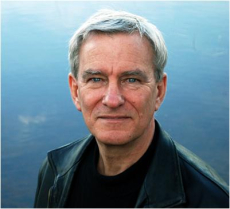
David Stark
Columbia University
Visiting Scholar
2002 to 2003
David Stark, the Arnold A. Saltzman Professor of Sociology and International Affairs at Columbia University, will write a book on the co-evolution of organizational forms and interactive technologies in new media firms, electronic trading rooms, and digital crossroads in Eastern Europe. At mid-century, organizational analysts charted the rise of bureaucratic organizations and the emergence of mass communication.
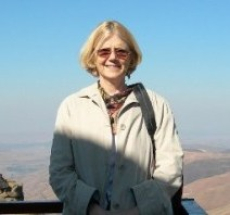
Linda Brewster Stearns
University of California, Riverside
Visiting Scholar
2000 to 2001
Linda Brewster Stearns, professor of sociology at the University of California, Riverside, will write a book explaining the four great merger waves that arose between 1890 and 1990. Rather than assessing the success of mergers for the individual firms involved, Stearns will study the merger wave as a whole. Firms rarely benefit from acquiring other firms, but the individual managers, investment bankers, and lawyers who handle the merger often reap substantial rewards.
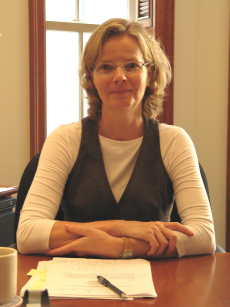
Gillian Stevens
University of Illinois, Urbana-Champaign
Visiting Scholar
2007 to 2008
Gillian Stevens, Professor of Sociology at the University of Illinois, Urbana-Champaign, will complete a book on how non-English-speaking groups are adapting to life in English-language dominated U.S. society. Stevens will analyze census and survey data to show how proficiency in English, or lack thereof, affects everything from socioeconomic achievement, to race relations, to inter-family relationships among recent immigrants. Stevens will also examine how American society is responding to the dramatic growth in the number of non-English language speakers.
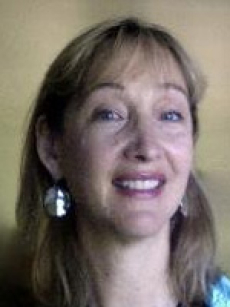
Susan C. Stokes
Yale University
Visiting Scholar
2014 to 2015
Stokes will write a book investigating what compels people to participate in elections. She argues that the subjective cost of abstention—or how much a person feels he or she will lose by not voting—can explain why people turn out at higher rates when the office to be filled is elevated. Stokes will also explore how this theory of abstention may shed new insight on why low-income populations vote at lower rates than more affluent populations.
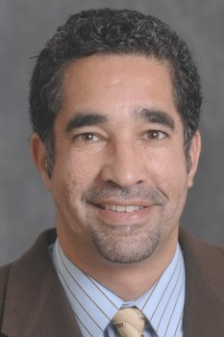
Michael A. Stoll
University of California, Los Angeles
Visiting Scholar
1999 to 2000
Michael Stoll, assistant professor of policy studies at the University of California, Los Angeles, will examine the state of employer demand for former welfare recipients in Chicago, Cleveland, Milwaukee, and Los Angeles. With the imposition of work requirements and time limits in the 1996 welfare reform legislation, it is important to understand the social and economic difficulties of moving welfare recipients to work. Using an extensive survey of employers he will examine the following questions: What barriers exist on the demand side?
Katherine V. W. Stone
University of California, Los Angeles
Visiting Scholar
2008 to 2009
Katherine V. W. Stone, Professor of Law at UCLA School of Law, will undertake a comparative study of the changing nature of work and its impact on labor and employment regulatory systems in several developed nations. In recent years there has been a major shift away from stable long-term relationships between employees and firms towards more “flexible” arrangements, often involving temporary workers and independent contractors.
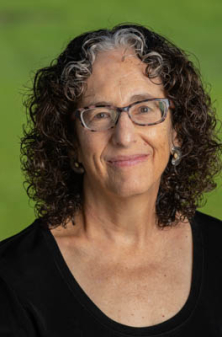
Claudia Strauss
Pitzer College
Visiting Scholar
2003 to 2004
Claudia Strauss, associate professor of anthropology at Pitzer College, will spend the fall semester at Russell Sage writing a book that examines the cultural assumptions and values that inform Americans' ideas of social justice. Relying on in-depth interviews with a racially and economically diverse sample from two Southern communities, Strauss will examine attitudes about immigration, sexual morality, and the government's role in providing social goods, such as food, housing, health care, welfare, higher education, and paid vacations.
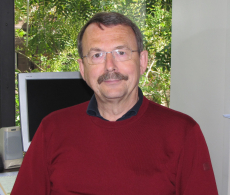
Wolfgang Streeck
Max Planck Institute for the Study of Societies
Visiting Scholar
2009 to 2010
Wolfgang Streeck, director of the Max Planck Institute for the Study of Societies, will produce articles and book chapters for three projects: a conference volume on “commonalities of capitalism,” an exploration of the social-structural implications of flexible employment, and an inventory of “concepts of control” in postwar social science.
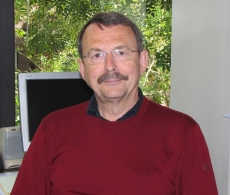
Wolfgang Streeck
Max Planck Institute for the Study of Societies
Visiting Scholar
2006 to 2007
Wolfgang Streeck, Director of the Max Planck Institute for the Study of Societies, will spend the spring at the Foundation finishing a book on the ongoing liberalization of the postwar German political economy. He will examine the process by which markets begin to take on tasks once handled by social regulation, asking how such reforms can be put in place when political resistance to them is high.
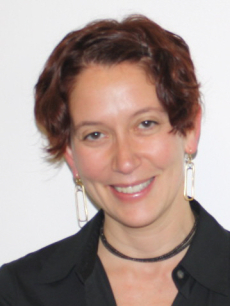
Dara Strolovitch
Princeton University
Visiting Scholar
2017 to 2018
Strolovitch will complete a book about how widening socioeconomic inequality and catastrophic events such as 9/11, Hurricane Katrina, and the Great Recession affect political representation for marginalized groups.
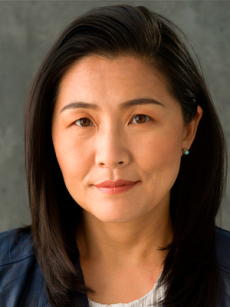
Julie Suk
Fordham University
Visiting Scholar
2023 to 2024
Suk will examine how the arduous process of amending the U.S. Constitution has shaped the prospects for equality and social inclusion as a matter of law and public policy. The project draws on the legislative and ratification histories of the Civil War amendments that sought the inclusion of African Americans, the progressive era amendments that sought greater distributive justice and the inclusion of women, and several failed amendments.
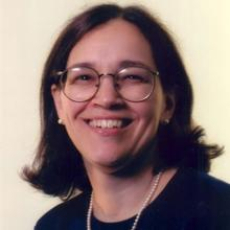
Katherine Swartz
Harvard University
Visiting Scholar
2000 to 2001
Katherine Swartz, associate professor of health policy and management at the Harvard School of Public Health, will write a book examining the different reasons why people in the United States do not have health insurance. Most insurance plans offer different benefits at different prices so as to attract low-risk and discourage high-risk enrollees. This creates a pool of high-risk people who are priced out of insurance.
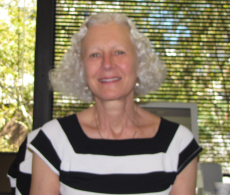
Ann Swidler
University of California, Berkeley
Visiting Scholar
2009 to 2010
Ann Swidler, professor of sociology at the University of California, Berkeley, will write a book on the role of local brokers and mediators in shaping humanitarian efforts, and the frequently vast distance between donor intent and action on the ground. The book will be based on data and field research from AIDS organizations in sub-Saharan Africa and will examine the organizational and individual interests of national elites, local NGO staff, and aspiring village elites in translating donor ideas into projects.
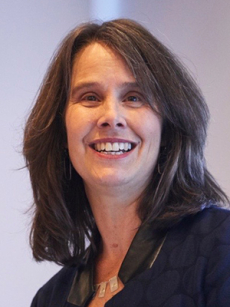
Kirsten Swinth
Fordham University
Visiting Scholar
2021 to 2022
Kirsten Swinth will research and write the first history of the contemporary American “working family.” Her project will demonstrate how a surge in mothers’ paid labor since 1970 provoked a deep cultural crisis as it disrupted the long-held norm of a male breadwinner and female homemaker. She will explore how this major reordering of social relations forged a new normative family ideal even as gender and racial inequalities persisted and many challenged the new model. She will also investigate how the media, social scientists, and politicians helped shape this new ideal.
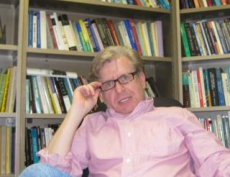
Piotr Swistak
University of Maryland, College Park
Visiting Scholar
1998 to 1999
Piotr Swistak, associate professor in the department of government and politics at the University of Maryland at College Park, will develop a new framework for understanding the emergence of norms, group values, and other social institutions. At the heart of many policy problems involving firms or nations lies a need for institutions that promote efficiency through cooperation. Drawing on real-life empirical puzzles, Swistak will identify the conditions under which the norms conducive to stable institutions are most likely to arise.
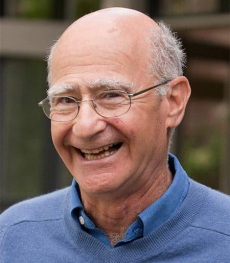
Sidney G. Tarrow
Cornell University
Visiting Scholar
2003 to 2004
Sidney G. Tarrow, Maxwell M. Upson Professor of Government and professor of sociology at Cornell University, will write a book that examines transnational activism. He will consider a variety of questions, such as whether transnational activists consider themselves a distinct group, whether they move in and out of their activist role as issues ebb and flow, how they gain certification to be able to operate internationally, and how they appropriate domestic organizations for international purposes.
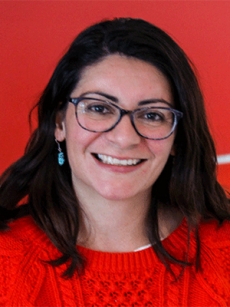
Karen Ivette Tejada-Peña
University of Hartford
Visiting Scholar
2025 to 2026
Tejada-Peña will complete a book examining the impacts of “crimmigration” – the merging of the criminal justice and immigration systems – on Salvadorans in Long Island, New York. She argues that gang-related enforcement efforts are one way to facilitate this "racial project" and fuel the deportation machinery.
